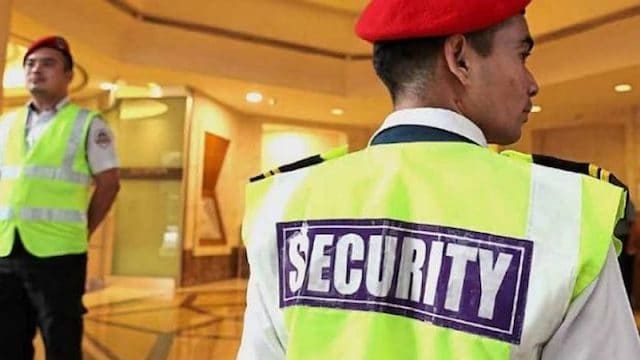Nepal has banned its citizens from taking up jobs in Malaysia, citing a company monopoly as the reason behind the move. Malaysia is one of the top two destinations for Nepalese migrant workers.
The government of Nepal says that there are restrictive immigration requirements for its migrant workers, including having to go to one private company, Bestinet Sdn Bhd, for all bio-medical screenings.
“The Nepalese government does not understand why the Malaysian government is allowing a private company to monopolise the recruitment process,” said Nepal Embassy labor attache Sanmaya Ramtel.
“The government also feels that the company’s presence is a virtual monopoly as other companies are not allowed to carry out the screening and this contributes to higher cost for the workers,” she said.
The Straits Times reports:
“This has been a long-standing dispute between the Nepalese and Malaysian governments. However, the change of government in Nepal which took place in February this year saw the new government taking a firm stand on the matter,” Ms Sanmaya said.
It is learnt that there are currently more than 500,000 Nepalese workers in Malaysia. About 150,000 of them are hired as security guards, while the rest are involved in construction and manufacturing.
Onlinekhabar, a Nepalese news portal, reported that the Ministry of Labour, Employment and Social Security would not stop workers who are at the final stages of obtaining labour permits from flying to Malaysia.
Mr Chirara Kannan, the owner of a consultancy service for employers, said Nepalese workers had stopped coming to Malaysia because of their government’s stand against the Malaysian government’s policy.
“The decision means migrant workers from Nepal cannot be hired by Malaysian employers since our government has endorsed Bestinet,” he said.
Bestinet responded to the ban by explaining that there are 37 accredited medical centres in Nepal that can perform the bio-medical screening and upload the results to the Malaysian embassy, Malaysian immigration, and employers in real time.
“Bestinet only collects RM100 for the bio-medical system, which was approved by the government, and other charges are collected by other service providers,” said a Bestinet spokesman.
Regardless, employers in Malaysia are concerned about the new ban as some have already exhausted their quotas for migrant workers from India and Bangladesh.
One factory owner who is short 1,0000 employees said, “I have sufficient quota to hire Nepalese workers, but am unable to do so due to the Nepalese government’s stand.”







Freedom United is interested in hearing from our community and welcomes relevant, informed comments, advice, and insights that advance the conversation around our campaigns and advocacy. We value inclusivity and respect within our community. To be approved, your comments should be civil.